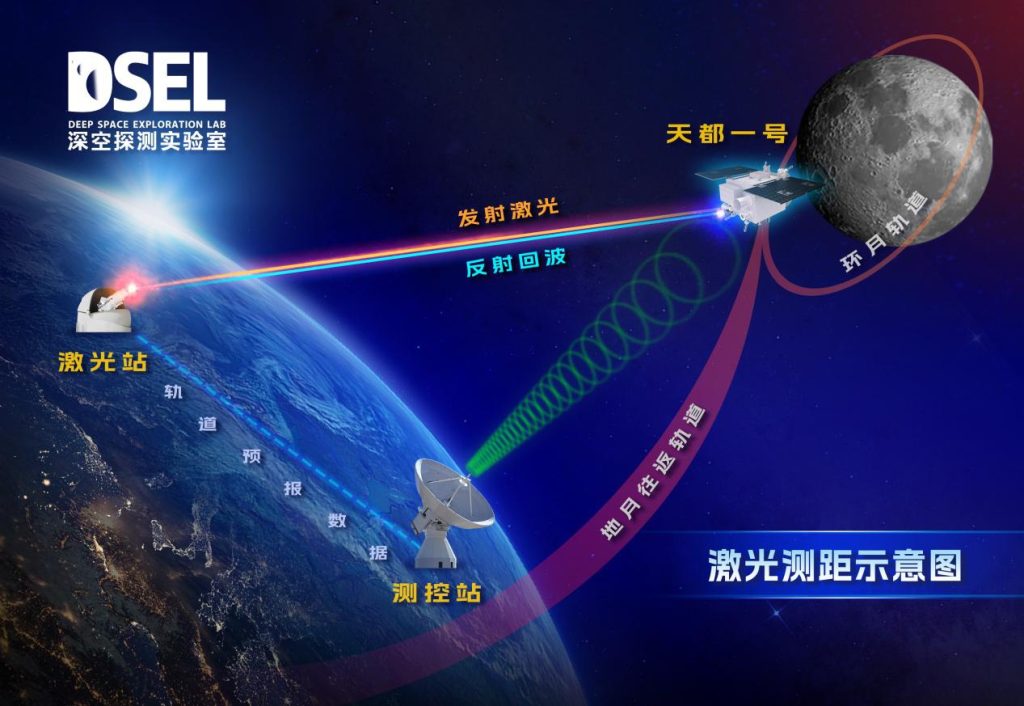hinese Vice Foreign Minister meets newly appointed US ambassador, hoping US to work with China in the same direction

Chinese Vice Foreign Minister Ma Zhaoxu met with newly appointed US Ambassador to China David Perdue on Tuesday in Beijing. The two sides held a candid and in-depth exchange of views on current China-US relations and major issues of mutual concern, according to a Chinese Foreign Ministry readout on Wednesday.
Ma emphasized that China approaches China-US relations based on the principles of mutual respect, peaceful coexistence, and win-win cooperation, while remaining firmly committed to safeguarding its sovereignty, security, and development interests. He expressed hope that the US will work with China in the same direction to jointly promote the stable, healthy, and sustainable development of bilateral ties.
In a post published on X platform on Wednesday, Perdue said in his first meeting with Ma, he shared US President Trump's priorities for the US-China relationship.
"I look forward to working with the ministry and Chinese counterparts to achieve concrete outcomes for the American people," Perdu said.
